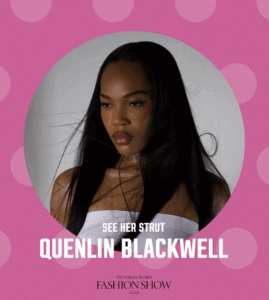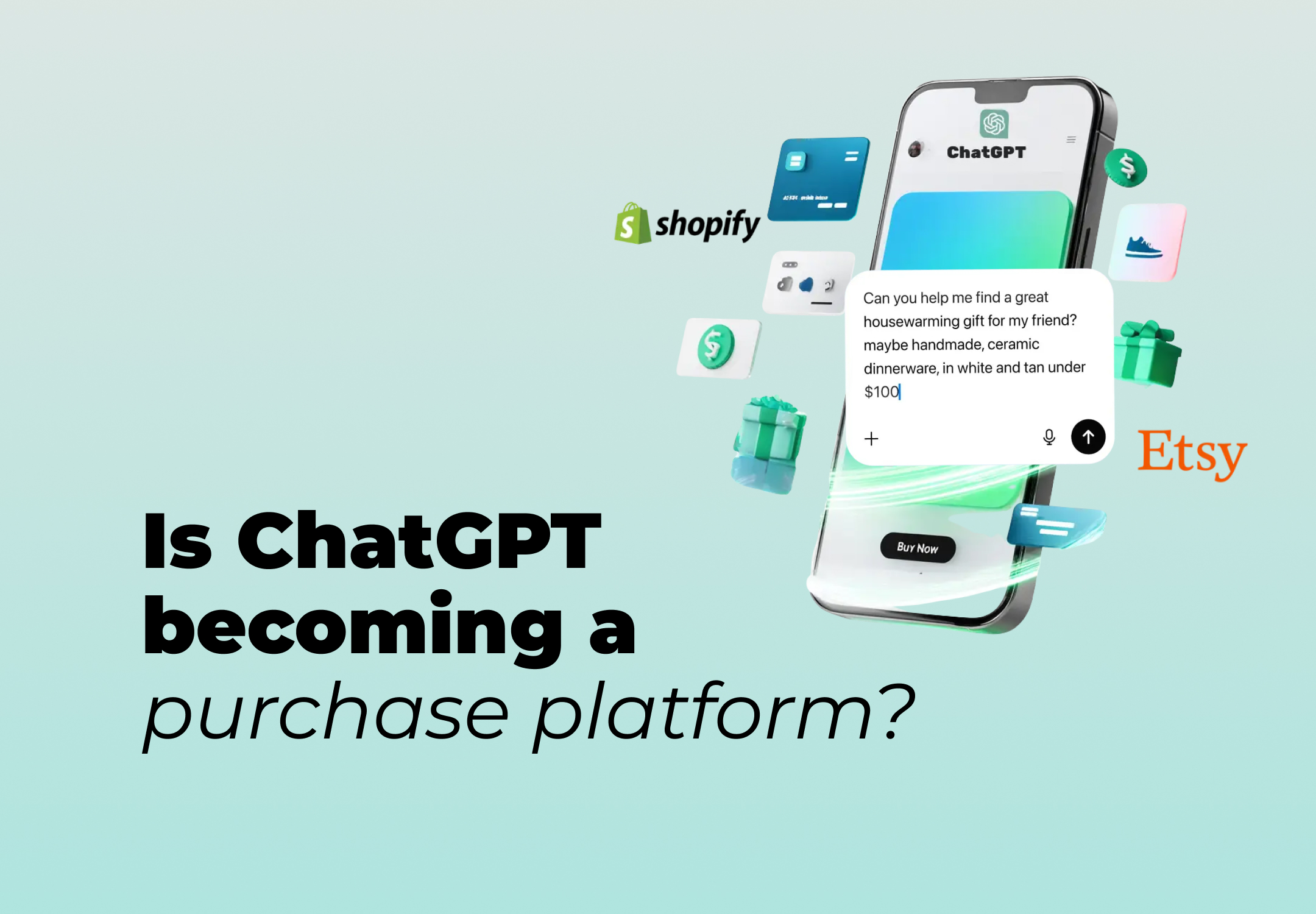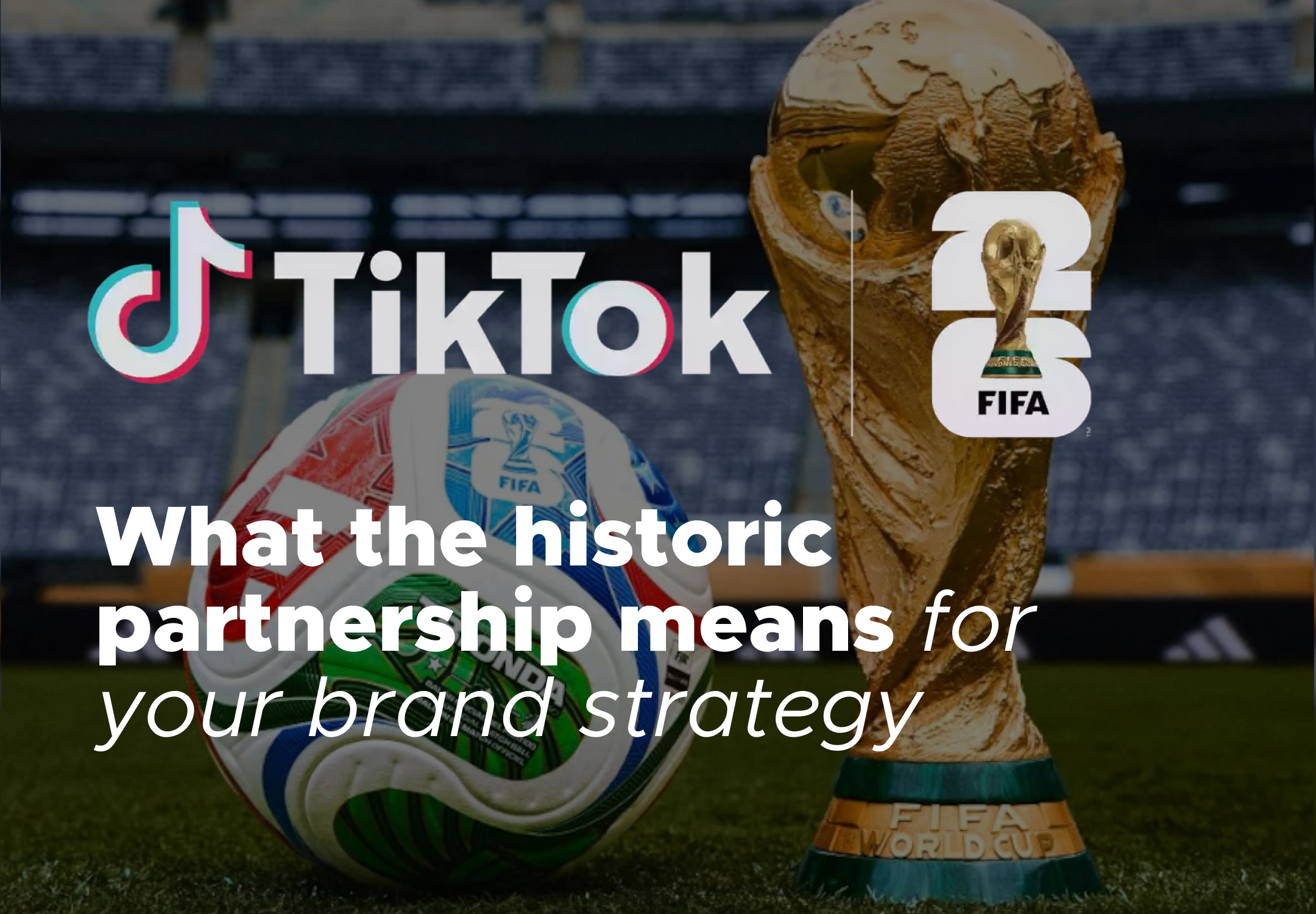Victoria’s Secret Fashion Show 2025: A brand comeback built on social currency
The Victoria’s Secret Fashion Show 2025 isn’t just a comeback - it’s a high-stakes experiment in whether social currency can save a legacy brand on the brink.
October 14, 2025

In an era where cultural relevance is measured in engagement rates and viral moments, Victoria’s Secret is staging what may be its most strategic pivot yet. The 2025 Victoria’s Secret Fashion Show, streaming live on October 15th from New York City, represents more than just a return to the runway – it’s a calculated reclamation of the brand’s last remaining cultural asset before complete obsolescence.
For a company that spent years synonymous with unattainable beauty standards and controversy, the 2025 show marks a fundamental shift in strategy: leveraging social-first creators and influencers alongside traditional supermodels, breaking the brand’s decades-old casting pattern to activate built-in digital communities.
From controversy to actual crisis
The Victoria’s Secret brand story of the past decade reads like a cautionary tale in failing to evolve. After years of mounting criticism for showcasing almost exclusively thin white supermodels, the brand faced scrutiny for clinging to outdated and unrealistic beauty standards that no longer resonated with modern audiences. The controversies extended beyond the runway – revelations about former CEO Leslie Wexner’s ties to Jeffrey Epstein and accusations of sexual harassment and misogyny against Chief Marketing Officer Ed Razek tarnished the brand’s reputation.
By 2019, the writing was on the wall. Ratings plummeted, sales declined, and the annual fashion show – once the crown jewel of the Victoria’s Secret empire – was cancelled. Meanwhile, competitors like Savage X Fenty and Aerie seized market share by offering what Victoria’s Secret had long ignored, but Gen Z actually expects from brands: inclusivity, diverse sizing, and representation that reflected actual consumers.
After a four-year hiatus, the show returned in 2024, but the comeback faced mixed reactions. Critics questioned whether the brand’s inclusivity efforts were genuine transformation or performative damage control. The fashion show – the one remaining cultural touchpoint that could generate buzz – had become Victoria’s Secret’s last chance to reclaim relevance.
The creator economy meets the runway
Enter 2025, and Victoria’s Secret has adopted a strategy that’s become standard practice across entertainment: cast people based on their social reach, and you automatically engage their communities for release. When a film studio casts an actor with millions of followers, they’re buying guaranteed promotion to that built-in audience. Victoria’s Secret has adapted this entertainment industry standard. The question remains – will this approach save the brand?
The strategy is most visible in the show’s headline casting decisions. Angel Reese, the Chicago Sky power forward, will make history as the first professional athlete to walk the Victoria’s Secret runway. With over 10 million followers on Instagram and TikTok, Reese brings massive reach to basketball and mainstream audiences. Her casting isn’t about modeling experience – it’s about the immediate engagement her announcement generated across both – sports and fashion media.
Similarly, the musical lineup demonstrates this social-first approach. The show features K-pop sensation TWICE making history as the first K-pop girl group to perform at Victoria’s Secret, alongside KAROL G, Madison Beer, and Missy Elliott. Each performer brings their own dedicated fanbase, effectively turning the fashion show into a multi-fandom event that extends far beyond traditional fashion audiences. Hiring musical acts for this purpose had long been common practice. Yet in 2024, VS also tapped into creator marketing, activating talent across countries and industries – from professional athletes to Gen Z lifestyle stars. The diverse lineup not only broadened reach but also reinforced the show’s global appeal.

Now, they walk the runway.
This represents a fundamental departure from Victoria’s Secret’s traditional model. For decades, the brand built its identity on exclusivity – the unattainable fantasy that buying their products could transform you into one of their Angels. That fantasy shattered when consumers demanded representation that actually reflected them.
The 2025 runway features returning Victoria’s Secret Angels like Adriana Lima, Lily Aldridge, and Candice Swanepoel, alongside models including Joan Smalls, Anok Yai, Alex Consani, Paloma Elsesser, Gigi Hadid, Ashley Graham, Yumi Nu, Quenlin Blackwell and Angel Reese. This lineup strategically balances nostalgia – the Angels who defined the brand’s golden era – with representation and reach – diverse models and creators who bring their own audiences from mostly social media.
The broadcast strategy reinforces this social-first approach. The show streams live on Victoria’s Secret’s Instagram, YouTube, and TikTok pages, with a pink carpet pre-show on Prime Video and Amazon Live. The distribution prioritises platforms where creators and their communities already live, rather than traditional television.
The last line of defense
For Victoria’s Secret, the fashion show has become something more urgent than a marketing event – it’s the brand’s final cultural lifeline. After years of controversy, rebranding attempts that drew criticism for being performative, and competitors capturing market share with authentic inclusivity messages, the show is the only remaining property that can generate significant cultural conversation.
Critics have noted that when Victoria’s Secret attempted inclusivity, some consumers felt the brand was straying too far from what made it successful, while others argued the changes weren’t inclusive enough. The 2024 show sparked debate, with some viewers feeling it was too “woke” while others believed it wasn’t inclusive enough, though many agreed that including transgender models was a positive step forward.
In 2025, Victoria’s Secret halted its promotion goal for Black workers and replaced references to DEI efforts with language about “inclusion and belonging,” joining other companies shifting policy amid political pressure. The brand’s commitment to transformation remains under scrutiny.
Yet the social-first strategy offers something traditional rebranding couldn’t: immediate, measurable engagement. When Angel Reese posts to her 10 million followers, when TWICE’s fanbase tunes in, when beauty influencers create content around the show, Victoria’s Secret gains access to communities it could never reach through traditional advertising.
Reclaiming the narrative
Whether this strategy represents genuine evolution or calculated opportunism remains debatable. What’s undeniable is that Victoria’s Secret has recognised a fundamental truth: in 2025, cultural relevance isn’t about maintaining traditional brand identity – it’s about activating the communities that drive online conversation.
The fashion show was always Victoria’s Secret’s signature spectacle. Now, it’s the brand’s last stand before potentially fading into complete irrelevance. By breaking from its traditional casting model and embracing social-first creators alongside established supermodels, the brand is attempting to reclaim a narrative it lost years ago.
The 2025 Victoria’s Secret Fashion Show streaming on October 15th will reveal whether this strategy can truly revive the brand – or if it’s simply a spectacular last gasp before the final curtain falls. Either way, Victoria’s Secret has learned what every entertainment company already knows: in the social media age, reach is power, and communities are currency. The question is whether casting for clout can save a brand that spent decades building its empire on exclusivity.
The Victoria’s Secret Fashion Show 2025 streams live on October 15 on Instagram, YouTube, TikTok, Prime Video, and Amazon Live.
Latest News ☕

ChatGPT’s instant checkout transforms conversational AI into social commerce infrastructure
January 20, 2026
ChatGPT's instant checkout validates conversational commerce, but creator trust and strate...

Why 2026’s color trends signal a strategic shift for brand marketing
January 17, 2026
Pinterest's 2026 Palette, released January 2026, identifies five trending colors based on ...

TikTok becomes FIFA’s first preferred platform for the World Cup 2026
January 13, 2026
TikTok's groundbreaking preferred platform agreement with FIFA for the 2026 World Cup rede...


